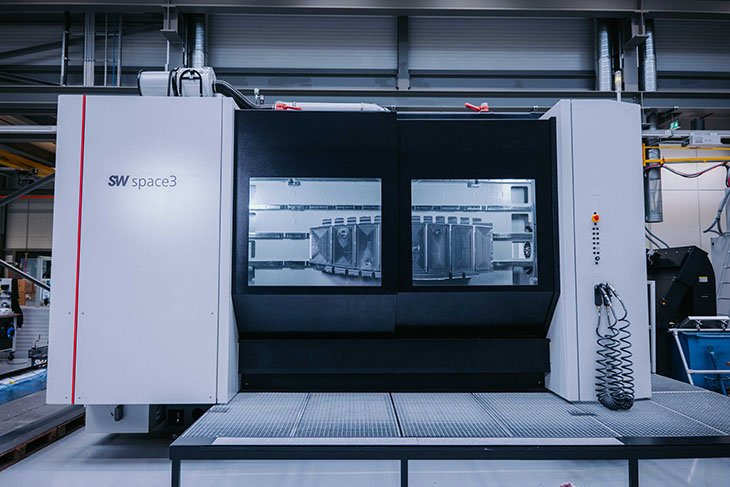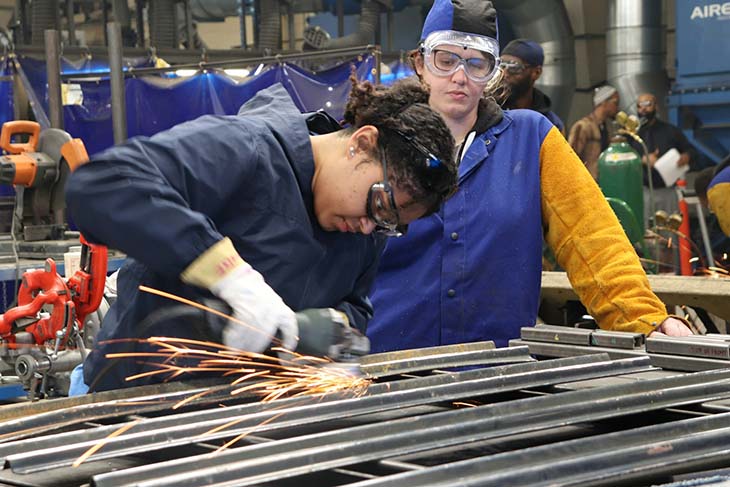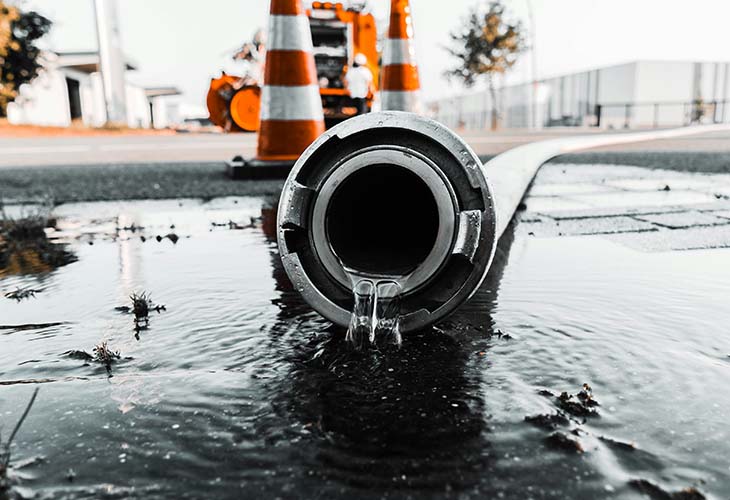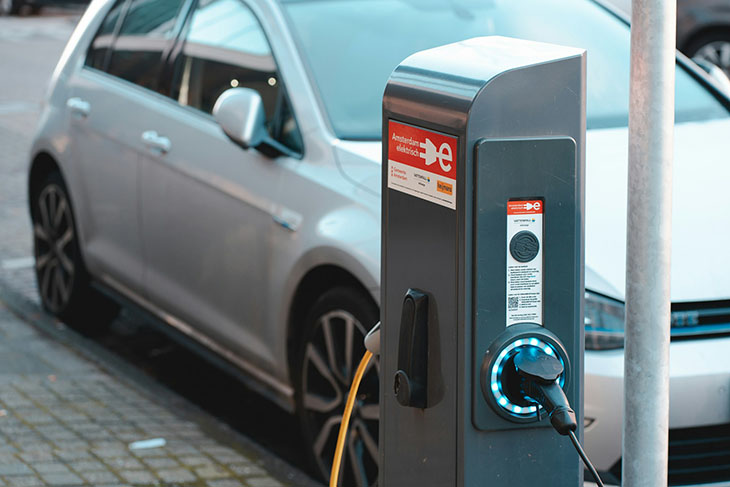During the Competitiveness Council meeting on 29 May, EU ministers of industry stated that legislation on CO2 emissions from cars and vans must not threaten the competitiveness of the European automobile industry.
The European Automobile Manufacturers' Association (ACEA) welcomes that the issue of the competitiveness of the industry - often neglected - has been put to the fore of this debate. It calls on the Council, European Parliament and Commission to take this strong message on board in their forthcoming negotiations.
A note circulated by a Council delegation in advance of the meeting stated that "the EU’s strategy to improve the fuel economy of new cars and vans is positive and helping vehicle technology to become more efficient, but future objectives for European car makers should be realistic and achievable to maintain industry competitiveness."
The strategically important automobile sector accounts directly and indirectly for a major share of GDP in many European countries. Today however, the sector finds itself at a critical juncture, with sales of cars having plummeted 22% since 2007.
"Any discussions on new regulatory requirements for the industry must reflect the current economic situation," commented ACEA Secretary General Ivan Hodac. "Considering that most automobile manufacturers are losing money in Europe, the industry needs as supportive and competitive a regulatory framework as possible in order to retain its technological and environmental edge, and to keep production in Europe."
The fact that Europe’s legislation is more stringent than in other regions like US, Japan and South Korea creates a clear competitive disadvantage. "The European automobile industry does not exist in a vacuum - it is a global player," said Hodac. "Smarter regulation - accompanied by sound impact assessments - is needed to reinforce the automotive industry’s competitiveness, and benefit the European economy as a whole."
During the Competitiveness Council meeting on 29 May, EU ministers of industry stated that legislation on CO2 emissions from cars and vans must not threaten the competitiveness of the European automobile industry.The European Automobile Manufacturers' Association (ACEA) welcomes that the issue of the competitiveness of the industry - often neglected - has been put to the fore of this debate. It calls on the Council, European Parliament and Commission to take this strong message on board in their forthcoming negotiations.
A note circulated by a Council delegation in advance of the meeting stated that "the EU’s strategy to improve the fuel economy of new cars and vans is positive and helping vehicle technology to become more efficient, but future objectives for European car makers should be realistic and achievable to maintain industry competitiveness."
The strategically important automobile sector accounts directly and indirectly for a major share of GDP in many European countries. Today however, the sector finds itself at a critical juncture, with sales of cars having plummeted 22% since 2007.
"Any discussions on new regulatory requirements for the industry must reflect the current economic situation," commented ACEA Secretary General Ivan Hodac. "Considering that most automobile manufacturers are losing money in Europe, the industry needs as supportive and competitive a regulatory framework as possible in order to retain its technological and environmental edge, and to keep production in Europe."
The fact that Europe’s legislation is more stringent than in other regions like US, Japan and South Korea creates a clear competitive disadvantage. "The European automobile industry does not exist in a vacuum - it is a global player," said Hodac. "Smarter regulation - accompanied by sound impact assessments - is needed to reinforce the automotive industry’s competitiveness, and benefit the European economy as a whole."





















